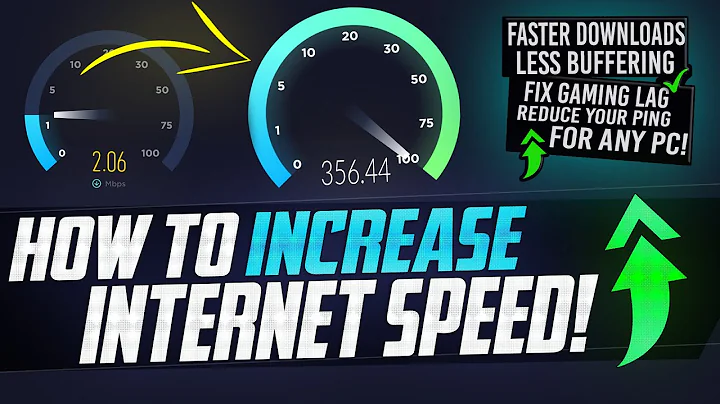Squid makes Internet slow
Solution 1
The server looks like old piece of hardware. For HTTP proxy it is necessary to tune your setup this way:
- Make sure DNS resolves fast on your squid system (try "host www.google.com", make sure you have fast DNS servers - you can setup Google fast DNS: 8.8.8.8 and 8.8.4.4)
- Calculate how much memory to use for caching: http://wiki.squid-cache.org/SquidFaq/SquidMemory
- Make sure your server is not swapping.
- Put your disk cache onto separate partition dedicated only to the disk cache and nothing else (this is important).
- Choose proper filesystem for the cache (I recommend ext4 with dir_index option!)
- Tune your disk cache setting: http://www.squid-cache.org/Doc/config/cache_dir/ (very important - depends on the size and expected files there - are they big or small?)
- Monitor your server and make tunings over time (you can't achieve perfect setup the first day - you need to revisit your setting after while when cache fills up).
Solution 2
For completeness...
Your hardware is more than ten years old; you should expect it to perform like hardware of ten years ago! While you should definitely tune your squid server, there's not much that will help when it's running on that ancient monstrosity, except to use more current hardware.
Related videos on Youtube
niren
Updated on September 18, 2022Comments
-
niren over 1 year
I have configure squid proxy in our network on ubuntu server. All the traffic being divert to proxy server by Mikrotik router. After I configure squid proxy I changed
/etc/squid3/squid.confashttp_port 8080 #changed from default port 3128 /var/log/squid3/access.log #uncomment access log variable_hostname myproxy #added http_access allow all #addedI have added following lines to squid.conf to make squid highly anonymous
forwarded_for transparent header_access Allow allow all header_access Authorization allow all header_access Cache-Control allow all header_access Content-Encoding allow all header_access Content-Length allow all header_access Content-Type allow all header_access Date allow all header_access Expires allow all header_access Host allow all header_access If-Modified-Since allow all header_access Last-Modified allow all header_access Location allow all header_access Pragma allow all header_access Accept allow all #header_access Accept-Enncoding allow all header_access Accept-Language allow all header_access Content-Language allow all header_access Mime-Version allow all header_access Cookie allow all header_access Set_Cookie allow all header_access Retry-After allow all header_access Title allow all header_access Connection allow all header_access Proxy-Connection allow all header_access All deny all header_replace User-Agent anonymousNow internet connection for our network is very slow. The moment I disable the rule which divert all traffic to squid proxy server we get faster internet. How can I make squid proxy server very fast.
Additional Info
OS: Ubuntu server 12.04. RAM: 512 MB. HardDisk: 80 GB. Processor: Pentium 4. Squid: version 3.1.19I didn't configure cache in squid to make internet fast but no use.
-
Zoredache over 10 yearsAre you certain your problem has to do with squid. If you statically configure a single host to use your squid server directly does it work? How exactly are you redirecting traffic?
-
-
lzap over 10 yearsWell put :-) Agreed.
-
 z0r over 9 yearsFor me, changing the disk cache setting worked wonders. The default
z0r over 9 yearsFor me, changing the disk cache setting worked wonders. The defaultufsdisk cache seemed to be blocking on disk IO; changing toaufssped it right up! -
David Krider about 9 yearsHere it is, about a year after this comment, and I've just put together a single-board computer (an APU1D4) for purposes of filtering/proxying traffic for a small network. Admittedly, it's probably more powerful than a P4, and certainly has more than 512M of RAM, but I'm replacing a computer much like the OP, just because this configuration is fanless, and I'm tired of the noise in my office. These computers have PLENTY of power to route and filter traffic for a small network. After turning off IPV6, you can't tell this thing is in the path to the internet.




